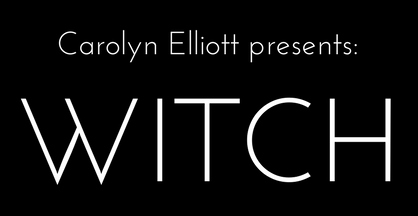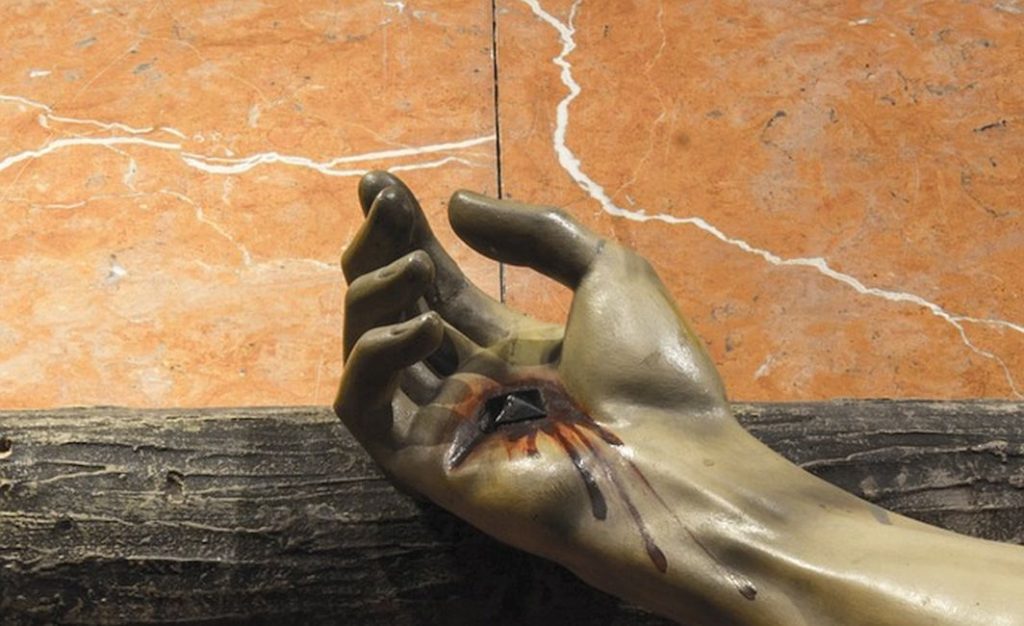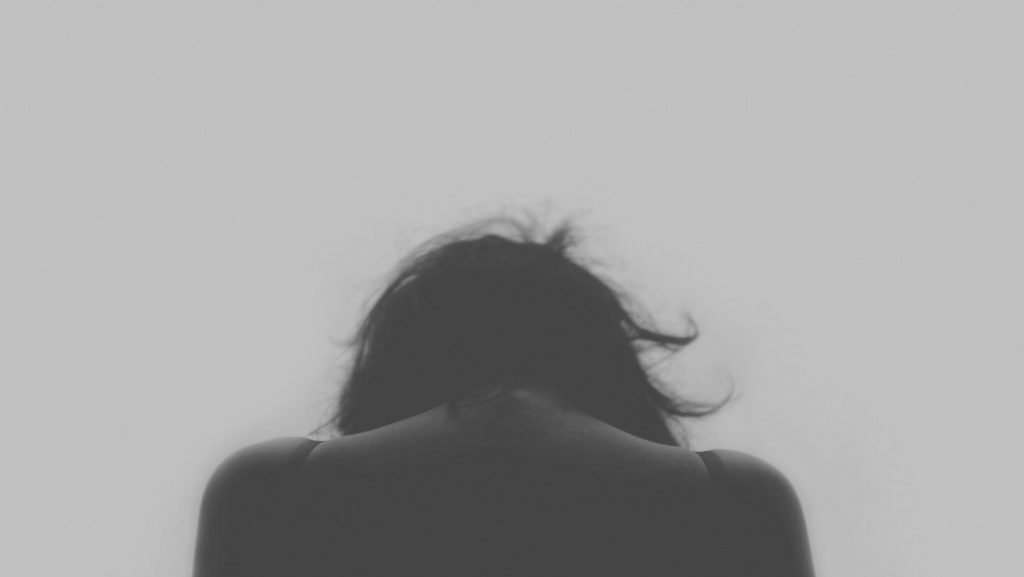by Angela Zimmerman
There’s a memory that sticks to my psyche with the same stickiness as the roll-up flypaper my father used in his barn.
I’m five and my chubby face is red from crying. My nose and eyes are running faster than I can wipe them clean.
My mother is standing a few feet away talking with my kindergarten teacher in hushed tones.
They must have felt my eyes on them because they both look over at me as my mother says,
“She’s just so tender-hearted.”
My teacher locked eyes with me. I could feel her searching my face, then into my eyes, and finally feel her stopping only when she got to my soul.
She smiled one of those bittersweet half smiles. One of those “Honey, I see you but I am so sorry” smiles, and nodded her head at me.
She knew what I knew.
Just like she could see into me, she could see into my mother.
My teacher knew that “tender-hearted” was just another way for people like my mother to say “sensitive”.
And that “sensitive” to those people was another word for “weak”.
And as much I as remember standing there, unable to control both my breathing and the liquid running down my face, I remember feeling my teacher reach out and hug me with her mind.
I remember feeling her tell me
“They won’t understand. You are special. Never doubt yourself.”
The “tender-hearted” descriptor followed me throughout my entire childhood.
Every time I was introduced to a teacher or instructor, from school to Karate to Girl Scouts, I was always presented as the “tender-hearted” one.
I was never the smart one, or the creative one, or even the brave one. I was the one you had to handle with care because I felt things too hard and too fast.
I don’t know if was this tag hung on me was like an advertisement or if it was evidence of what I was developing into, but soon it became evident that this was something that people flocked to.
Even before I was good at tying my shoes, I could untie people.
I saw the real them, under their masks of normalcy. I felt what they were feeling deep inside. More than that, I absorbed what they were feeling.
Unseen to the those around me, I bleed for the people who came to me in pain.
I bleed for them as they bleed for themselves.
I carried their pain as marks when they were unable to.
Their wounds became my wounds.
I learned how to be a healer for them before I learned to heal myself.
I patched the wounds at the source and wished them well on their way. I curated the pain I had stolen from them without ever knowing why.
It wasn’t until I was older and more knowledgeable that I learned the ability to understand and share the feelings of others was called Empathy.
It was even later on that I learned that a person who had the ability to really, truly feel the mental or emotional state of another person was an empath.
It was then that I was able to trade “tender hearted” for a proper title.
Empath.
No longer did the negative connotations of my mother’s descriptor hang over me.
Being an empath doesn’t mean you’re just “sensitive”. It means you are attuned.
You are not “weak”. You are aligned and connected.
You are not less because your emotions are vibrant. You are strong because you carry the weight of your soul and the burden of others readily.
You are not less because you can see more.
There is power in a name. There is power in receiving validation.
Accepting and owning that you are an empath is one of the most revolutionary things you can do in your life.
It can also be the most damning.
The dark side of being an empath is how heavy the power of emotions really is.
That wet cotton weight crushes the wounded soul that picks it up. To deter that, as a type of defense mechanism, many empaths struggle with mental health issues.
In the empath’s worldview, anxiety and depression are not from a fear of other people. They develop out of fear of feeling other people’s feelings.
Like the effect of water on stone, after enough time, being other-oriented wears you thin. It’s a brittle thinness that is poised to break at any moment.
The wrong word, the wrong look, even an expression can cause the bottom to fall out.
As empaths, we have to armor ourselves.
Boundaries are important, no matter how hard they are to enforce.
It doesn’t make you a bad person. There will people who will resist your acts of self-preservation. They will fuss and fight and throw you under every bus they can find.
Those people that try to force open your gate, only value you because you can hold their burning cinders of pain. Let them blister their own hands.
Turn that ability to feel towards yourself. Focus on your organic pain.
Find the seed of your hurt and apply some of your understanding on it. It doesn’t make you uncaring. It makes you wise.
An empty cup cannot pour. You can not heal with hands broken and raw.
Extend yourself the same empathic provisions you do others.
So bandage your hands.
Take a breath and send love to yourself.
You’re worth it. We all are.
IN CONCLUSION
If this essay resonates with you, please join our WITCH email list by using the forms on this website so we can stay in touch.


